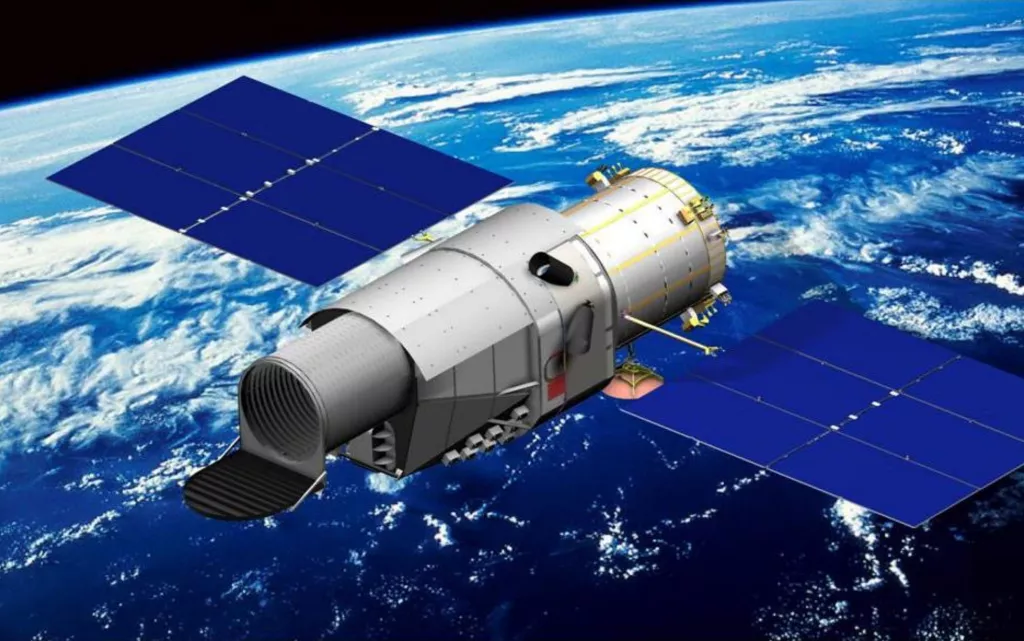China has confirmed plans announced earlier to launch a large space observatory, the capabilities of which will be comparable to the Hubble telescope. This is stated in a message published by the Xinhua news agency.

The Chinese space telescope was named “Xuntian”, which translates as “Space Sentinel”. It will be launched at the end of 2023 using the Changzheng-5B rocket and will begin observations in 2024.
Chinese Hubble
Xuntian is often compared to the Hubble telescope. And there is nothing surprising in this, because the new observatory will receive a two-meter mirror, which will give it the opportunity to take pictures with a resolution close to the images of its American “colleague”. Like Hubble, Xuntian will be able to shoot in the visible, near infrared and near ultraviolet ranges.

At the same time, the two telescopes have a significant difference. Xuntian will be equipped with thirty 81-megapixel detectors. Thanks to them, the Chinese telescope will have a 350 times larger field of view than Hubble. According to experts, in ten years “Xuntian” will be able to shoot up to 40% of the celestial sphere.
Another interesting feature of the project is that the Xuntian will be put into the same orbit as the Chinese Tiangong orbital station. The telescope will be equipped with its engines and navigation system. If necessary, it will be able to dock with the station for refueling, maintenance and replacement of scientific instruments.
As an example of the effectiveness of this approach, the Hubble telescope can be cited. Thanks to five maintenance missions, its technical capabilities have only grown and, despite its substantial 31-year age, it still remains at the forefront of science and regularly pleases us with amazing finds and record discoveries.
Recall that recently China also announced plans to change the orbit of a near-Earth asteroid.
According to https://www.universetoday.com
Follow us on Twitter to get the most interesting space news in time
https://twitter.com/ust_magazine

